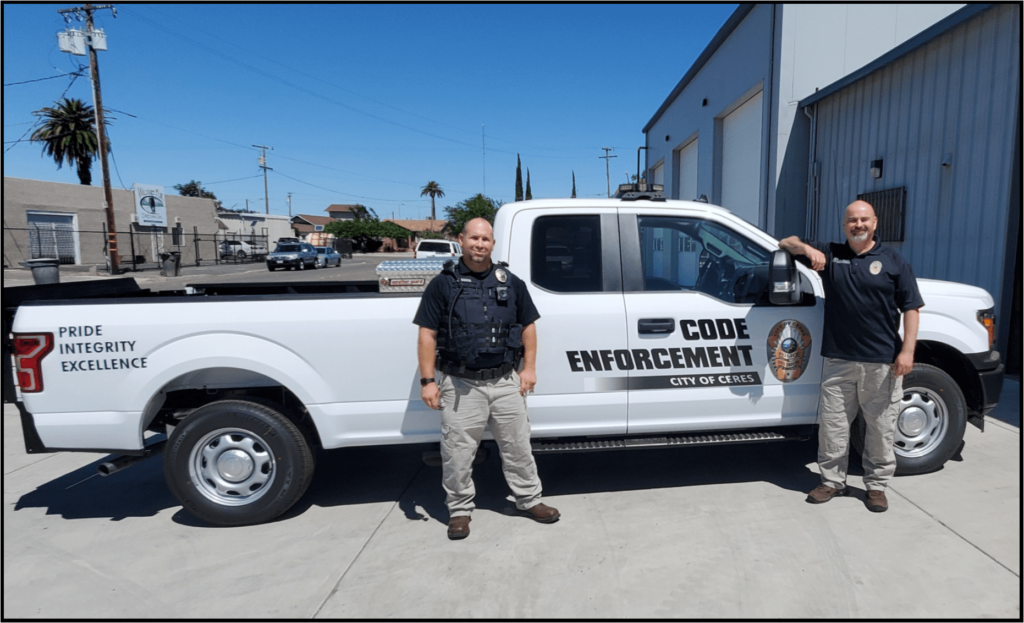You can find out who called code enforcement by contacting the city’s code enforcement department. The office is usually located in the municipal building, and you can call or visit during regular business hours.
To find out who called code enforcement, you will need to provide information about yourself. This may include your name and address, as well as contact information for someone else in your home. You may also be asked to provide proof of ownership of the property.
The city employee who answers your call will likely ask you why you want to know who called code enforcement on your property. You do not have to give a reason, but it is helpful if you do so that they can help you better resolve any issues in your neighborhood or neighborhood association that might have prompted someone else to contact them about your property.
If you have received a notice from the city stating that someone has reported a violation at your home or business, there are several ways to find out who made the complaint:
Table of Contents
How to Find Out Who Called Code Enforcement

Contacting Code Enforcement:
In most cases, contacting the code enforcement department directly will get you an answer quickly. Most cities offer this service through their website or by calling during standard business hours (usually 8 am – 5 pm). If this does not work for you, try calling back later in the day.
You may speak with a representative over the phone or in person at their office to determine why they were called out to your home or property.
If you are living in an apartment and someone calls code enforcement, you can find out who called by going to your county courthouse and requesting the name of the person who filed the complaint… it is public record.
Searching the Internet:
Some cities publish their code violations online if they have an open data portal, while others post them on social media accounts like Twitter or Facebook.
In some cases, you may be able to find out who called code enforcement by searching online for any complaints against your property. If there are any complaints against you or your property, they should be listed alongside other public records such as building permits and tax liens.
Why Would Someone Call Code Enforcement on You?
Code enforcement involves several types of laws. Code enforcements personnel enforce municipal, state, and federal laws.
City or county governments usually run these entities. They ensure everyone follows local government guidelines. Sanitation and fire safety legislation are routinely passed to safeguard the public.
Enforcement officers check businesses and homes for code infractions. If your property violates the law, they may cite or fine you. Suppose you ignore code enforcements citations. If that happens, they may sue you in civil court or condemn your home if it endangers public health or safety.
If you’ve never had to deal with code enforcement, it can be confusing to find out why someone is calling the authorities on you. You may think that if someone is calling code enforcement, it’s because they don’t like you. While that may be true, there are plenty of other reasons why people might call code enforcement on you.
Here are several reasons why someone might call code enforcement on a property:
- They have an honest concern about safety or quality of life issues at the property they’re calling about
- They may be worried about someone living in an unsafe building or neighborhood;
- They may be concerned about illegal activities taking place there;
- Sometimes people just want revenge against their neighbors or coworkers
- They may be concerned about health risks in the area, such as insect infestations or lead paint;
- They may worry about environmental problems like contaminated water supply or poor air quality, and so on.
Can Code Enforcements Enter Property Without Permission?

Yes, Code Enforcements can enter property without permission. However, they must have a warrant or permission from the property owner to enter.
If a warrant is issued, Code Enforcements can enter your property at any time of day or night. Code enforcements officers must obtain a search warrant from a judge before entering private property. The search warrant authorizes code enforcement officers to enter the property and conduct an inspection at any time of day. Once the warrant expires, however, they cannot enter without permission from the owner.
If you do not want Code Enforcements on your property and you do not have an issue with them, you should politely ask them to leave. If they do not leave after politely asking them to go, call the police and have them removed from your property.
However, in an emergency situation, such as when there is immediate danger to life or health on the property, code enforcement may enter without permission if they have probable cause to believe that there are violations on the property. Probable cause exists when they have observed or received reliable information that there are violations present on the property.
Conclusion
The first key to finding out who called code enforcement is to know how to find the information once you do. The goal, of course, is to make sure that if a neighbor or someone else does call code enforcement on you, it’s with good, justifiable reasons. Perhaps your yard needs work, or there are issues in your building structure. Or maybe they’re just jealous that you might have a nicer place than they do. Whatever the case may be, there are several ways to track down who made the call and why they made it.


